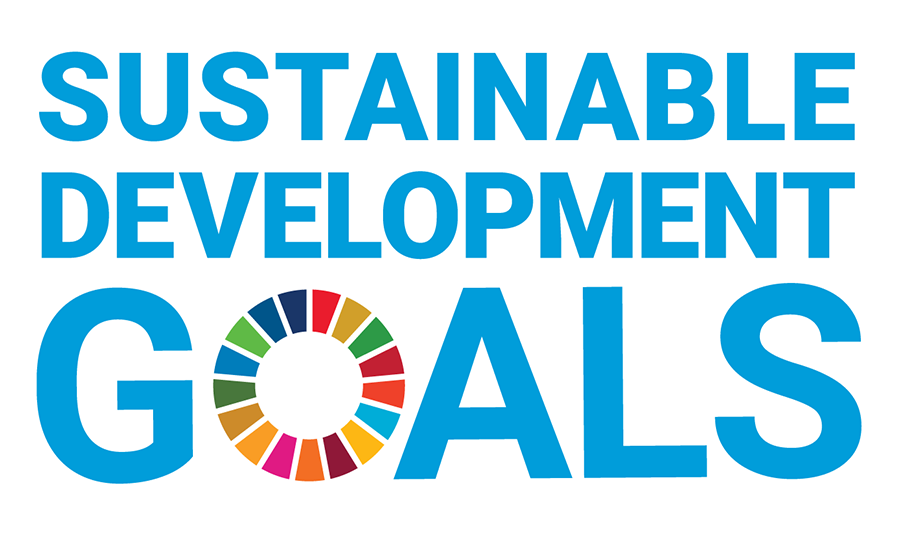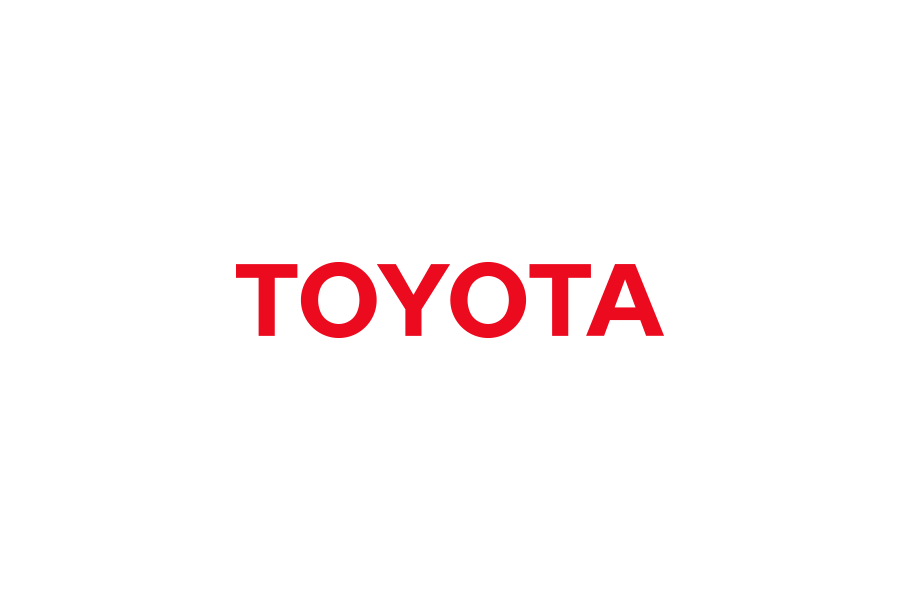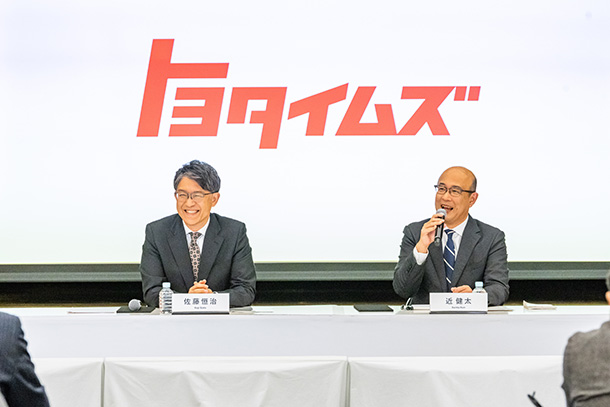Jul. 19, 2022
CJPT to Begin Construction and Social Implementation of an Energy Management System in Fukushima and Tokyo to Promote Electrified Vehicles
Tokyo, Japan, July 19, 2022―Commercial Japan Partnership Technologies Corporation (Headquarters: Bunkyo-ku, Tokyo; President: Hiroki Nakajima; CJPT) has announced today that, in collaboration with its partners, it will begin the construction and social implementation of an energy management system in Fukushima Prefecture and Tokyo in January 2023, to promote the widespread use of electrified vehicles.
Since it was founded in April 2021, CJPT has been been considering initiatives at logistics sites to contribute to achieving a carbon neutral society and reduce the burden on drivers and workers by accelerating the spread of CASE. In order to promote the widespread use of electrified vehicles, consignors, logistics businesses, infrastructure providers, automakers, and other related partners must come together to address sustainability by taking a practical approach. As a result of repeated discussions with many people in various industries, it was decided to begin social implementation projects in Fukushima and Tokyo.
The introduction of commercial electric vehicles imposes an increasing burden on society as a whole, not only in terms of vehicle purchase, but also in terms of downtime for cargo and vehicles due to recharging and hydrogen filling and an increase in peak electricity demand at business sites due to uneven recharging timing. Commercial electrified vehicles will be introduced in this social implementation project, including heavy-duty fuel cell electric trucks (heavy-duty FC electric trucks) for main line transportation and mini-commercial van electric vehicles (mini-commercial van BEVs) for last mile deliveries. In addition, energy management integrated with commercial vehicle operation management will lead to reductions in overall burden on society and CO2 emissions.
Through this initiative, CJPT will increase the movement toward carbon neutrality of the whole society and, together with its partners, take on the challenges it is facing as opportunities for industrial development and the strengthening of international competitiveness.
Social Implementation Overview
- Period/Location
- January 2023 to the end of FY 2029 (planned)
- Fukushima Prefecture, Tokyo, Tohoku-Kanto-Kansai (main line transportation)
- Implementation Overview
- Large-scale introduction of commercial electrified vehicles (approximately 580 units)
- Heavy-duty FC electric trucks
- Light-duty FC electric trucks
- Light-duty BEV trucks
- Mini-commercial van BEVs
- Construction of an energy management system integrated with operational management
Linking vehicle, charging/hydrogen filling infrastructure, and operational management data to realize the following
- Reduce downtime by optimizing charging/hydrogen refueling timing and delivery plans, taking into account the remaining battery/hydrogen level of the vehicle
- Propose optimal charging amount and timing for electrified vehicles on the business sites and on route, taking into account the power consumption of buildings as well as delivery plans to equalize the overall power demand on the business sites of consignors and logistics businesses
- Participating partners, as of July 19, 2022 (in alphabetical order)
- Fukushima Prefecture
- Tokyo
- Air Liquide Japan G.K.
- Amazon Japan G.K.
- Asahi Group Japan, Ltd.
- Ban-ei Transportation Co., Ltd
- COCA-COLA BOTTLERS JAPAN INC.
- Daihatsu Motor Co., Ltd
- ENEOS Corporation
- FamilyMart Co., Ltd.
- FUKUYAMA TRANSPORTING Co., Ltd.
- Hino Motors, Ltd.
- Hitachi Transport System, Ltd.
- Isuzu Motors Limited
- Iwatani Corporation
- JAPAN POST Co., Ltd.
- Lawson, Inc.
- NEMOTO Corporation
- NIPPON EXPRESS Co., Ltd.
- Onahama Packaging Materials Co., Ltd.
- Sagawa Express Co., Ltd.
- SATONENRYO CO., LTD.
- Seino Transportation Co., Ltd.
- Seven-Eleven Japan Co., Ltd.
- Shioya Sangyo, Ltd.
- Suzuki Motor Corporation
- Tamura Kenzai Co., Ltd.
- TOKYO GAS Co., Ltd.
- TOMOE SHOKAI Co., Ltd.
- TOYOTA MOBILITY PARTS Co., Ltd.
- Toyota Motor Corporation
- Yamato Densetsu Co., Ltd.
- YAMATO TRANSPORT Co., Ltd.
- YORK-BENIMARU CO., Ltd.
- Fukushima Renewable Energy Institute, AIST
"Achieving zero, and adding new value beyond it"
As part of efforts to pass our beautiful "Home Planet" to the next generation, Toyota has identified and is helping to solve issues faced by individuals and overall society, which Toyota calls "Achieving Zero," hoping to help reduce the negative impacts caused by these issues to people and the environment to zero. Additionally, Toyota is also looking "Beyond Zero" to create and provide greater value by continuing to diligently seek ways to improve lives and society for the future.
- About Beyond Zero
- https://global.toyota/en/mobility/beyond-zero/
Toyota Motor Corporation works to develop and manufacture innovative, safe and high-quality products and services that create happiness by providing mobility for all. We believe that true achievement comes from supporting our customers, partners, employees, and the communities in which we operate. Since our founding over 80 years ago in 1937, we have applied our Guiding Principles in pursuit of a safer, greener and more inclusive society. Today, as we transform into a mobility company developing connected, automated, shared and electrified technologies, we also remain true to our Guiding Principles and many of the United Nations' Sustainable Development Goals to help realize an ever-better world, where everyone is free to move.
- SDGs Initiatives
- https://global.toyota/en/sustainability/sdgs/






